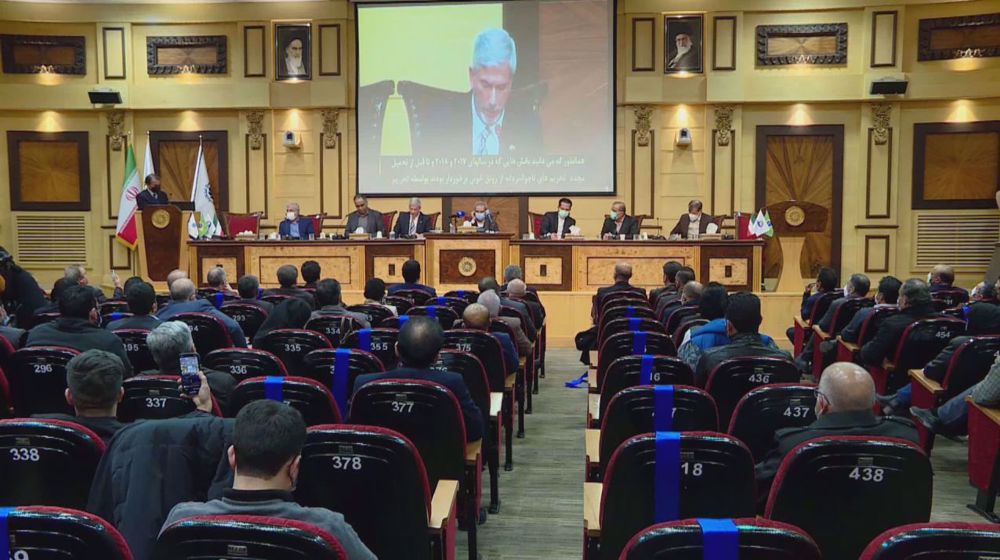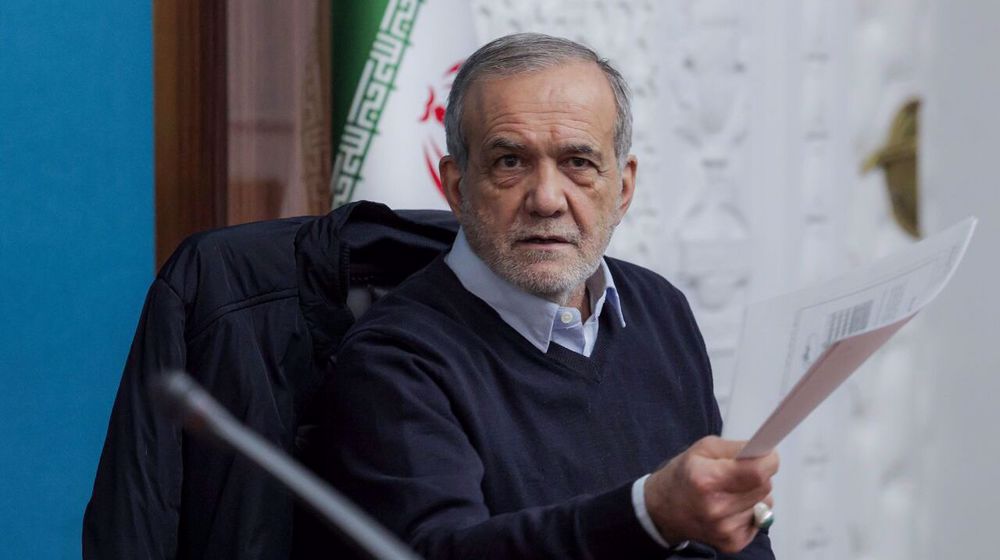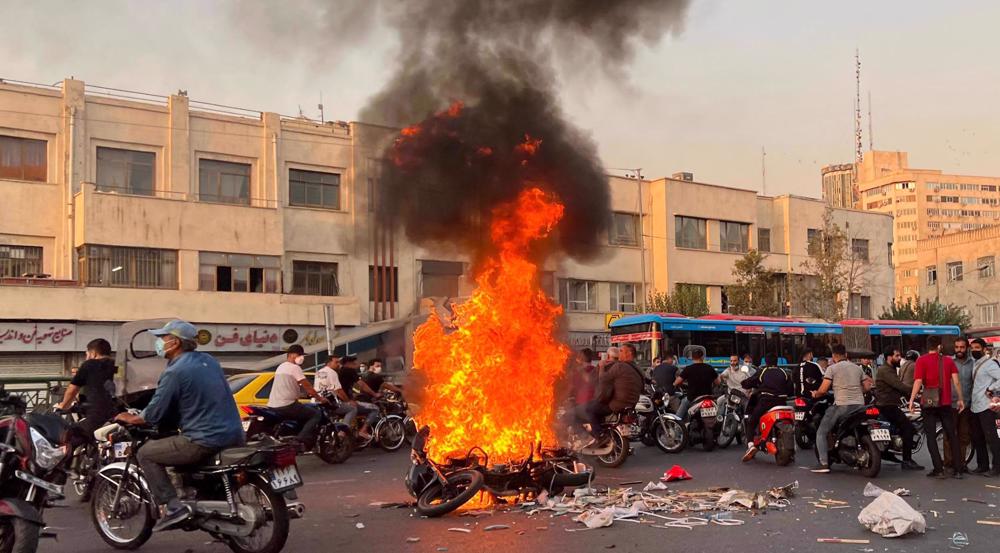Iran, Brazil raise barter trade as Ukraine war weighs on plans
Iran is likely to step up corn imports from Brazil, with a urea cargo about to set off for the South American country next week under a barter arrangement.
Iran sources 60% of its corn supplies from Brazil and the rest from Ukraine and Russia. It could import 100% of its needs from Brazil if the conflict between the east European neighbors persists, head of Iran-Brazil chamber of commerce, industry and agriculture Fakhreddin Amerian said Monday.
"The barter of urea as fertilizer with livestock input from Brazil starts next week when a urea shipment will be sent and corn will be imported in exchange," he told reporters.
Iran began sending test cargoes to Brazil, a new market for Iranian petrochemicals exports, in mid-2019 but the trade ran into trouble when Iranian vessels were stranded at Brazilian ports for weeks after state-run oil firm Petrobras refused to sell them fuel due to sanctions imposed by the US.
Last week, Brazil's Agriculture Minister Tereza Cristina traveled to Tehran where she signed an agreement for the barter of urea with corn.
Iran is currently exporting 400,000 tonnes of urea to Brazil a year, but they seek to raise it to 2 million tonnes, Agriculture Minister Javad Sadatinejad said.
The Islamic Republic is one of the largest buyers of Brazil’s agricultural commodities. Food is not covered by US sanctions, but traders often struggle to find international banks willing to process the transactions because of perceived risk.
The US has also banned purchases of Iranian petrochemical products which include “any aromatic, olefin, and synthesis gas, and any of their derivatives, including ethylene, propylene, butadiene, benzene, toluene, xylene, ammonia, methanol, and urea".
However, according to the US Energy Information Administration's standard definition, petroleum products do not include natural gas, liquefied natural gas, biofuels, methanol, and other non-petroleum fuels, suggesting a discrepancy in the types of petrochemical products that were banned, such as methanol and fertilizers.
Iranian officials have said the wide diversity of petrochemical products and high international demand for them make the industry unsanctionable.
Last week, Reuters said India plans its first long-term urea import deal with Iran, seeking to pay in rupees to hedge itself from global supply disruptions complicated now by the Russia-Ukraine conflict.
India is a top importer of urea and other soil nutrients needed to feed its huge agriculture sector, which employs about 60% of the country's workforce and accounts for 15% of $2.7 trillion economy.
It halted urea imports from Iran in 2019 under pressure from US sanctions on Tehran, with Asia's third-largest economy turning to countries such as China, Ukraine and Russia to meet its demand for the crop nutrient.
Last year, some Indian states faced shortages of urea after "abrupt" export restrictions by China amid high global prices, Reuters said, citing an Indian source as saying that the Russia-Ukraine issue has added to uncertainties over supplies and prices and "so our aim is to secure supplies at reasonable rates".
According to the news agency, Iran was India's third-biggest source of urea in 2018/19, supplying about 17% of New Delhi's nearly 7.5 million tonnes of urea imports.
Reuters quoted an Indian source as saying that some meetings with stakeholders had already taken place and the plan was to pay in rupees with the involvement of local banks to import annually 1.5 million tonnes of urea from Iran.
With Brazil, Iran's annual trade stands at $100 million which the two countries can raise to $1 billion, Amerian said.
He touched on the threats and opportunities which the Ukraine crisis may hold in store for Iran.
"The Russia-Ukraine crisis can create a good market for export of our urea and other petrochemical products, because Russia is our main rival in such products."
However, the conflict is also set to disrupt Iran's investments in farming in Ukraine in a bid to guarantee food security.
According to Reza Nourani, a member of the Iran-Ukraine chamber of commerce, the Islamic Republic has made various investments in Ukraine's farms due to the richness of the country's soil.
"One of our policies is the production of agricultural products, including grain in Ukraine. The outbreak of war has hampered our overseas farming investment," he said. "We hope that this issue will be resolved as soon as possible with the end of the conflict."
Iran mainly exports seafood, pistachios, grapes and minerals to Ukraine and imports grain crops from the country, Nourani said. He put nine-month trade between the two countries since March 2021 at $162 million.
The Islamic Republic has signed agreements with a number of countries to help raise grain production and secure food supply in the country which faces shrinking arable land and increasingly saline water.
According to Amerian, Iranian investors are cultivating soybeans and corn on 60,000 hectares in Brazil, which they plan to raise to 100,000 hectares.
"The greatest advantage of this country is in growing such crops as corn, soybeans, wheat and barley, which are also needed for our country," he said.
Iran is also trying to export apples to Brazil under the barter scheme, he added.
Hamas says Israeli army, settlers coordinating West Bank attacks
Israel says Trump's Gaza oversight panel 'contradicts its policy'
Iran reports record natural gas processing capacity
US judge bars federal agents from pepper spraying, arresting protesters in Minnesota
Another Palestinian baby freezes to death in Gaza as Israeli limits stall winter aid
VIDEO | Australia submits to Mossad
VIDEO | Israel’s yellow line: De facto annexation of over half of Gaza
VIDEO | Press TV's news headlines











 This makes it easy to access the Press TV website
This makes it easy to access the Press TV website